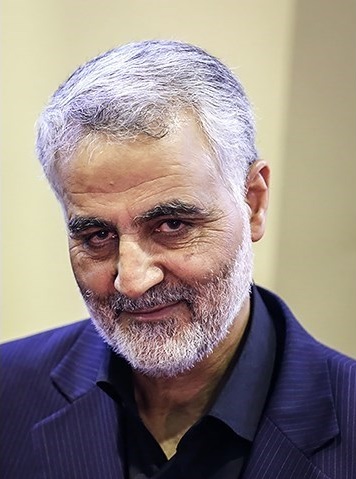October 14, 2016

The Pasdaran last week not only ordered the Saudi Navy to stay out of Iran’s waters but also demanded that it not sail in international waters anywhere near Iran.
The order, ridiculous in terms of international law, reflected the sorry level to which Saudi-Iran relations have plunged this year.
The announcement was not made because the Saudi Navy had violated Iranian waters. Iran did not accuse it of any violations. The Saudi Navy started maneuvers in the southern Persian Gulf, Strait of Hormuz and Sea of Oman this Tuesday, and the Pasdaran issued the warning a week in advance of those maneuvers.
The Saudi maneuvers were interesting because they were held nowhere near Saudi Arabia, whose maritime borders are on the northern Persian Gulf, not the southern Persian Gulf. That suggested Saudi Arabia was trying to send a message to Iran that its Navy was capable of operating in the Strait of Hormuz, through which much of the country’s oil exports pass, even though the Saudi Navy must sail 400 miles (650 kilometers) to reach the Strait of Hormuz.
That Pasdar announcement said, “The Pasdaran declare to all warships participating in the announced Saudi Arabian war game, including the warships of the Saudi Navy and all others, that we strongly believe the drill is a clear instance of creating tension and making the Persian Gulf less secure.”
The Pasdaran then warned the ships against entering Iran’s territorial waters and even “the international waters near the territorial waters of Iran.” No country can bar another from any international waters.
The Pasdaran then mounted a verbal threat: “We announce that any such transit will by no means be a harmless one.”
The threat was generally viewed as hollow since the Pasdaran failed to say how close an approach to Iranian waters would prompt Pasdar forces to react—2 kilometers? 20 kilometers? 200 kilometers?
Meanwhile, Brig Gen. Qasem Soleymani, commander of the Pasdar Qods Force, further fueled the hostile rhetoric in a speech at a mourning ceremony for a Pasdar general killed in Syria.
Soleymani said Saudi Deputy Crown Prince Moham-mad bin Salman had told Syrian officials in a meeting also attended by Russians,—“If you do not have ties with Iran, everything will end,” signaling that the Saudis were intervening in Syria because of Iran’s involvement and not because they wish to topple President Bashar al-Assad.
Soleymani then commented that the young prince, who is third in line for the throne, “is very impatient [to become the monarch] and might kill his king.”






















